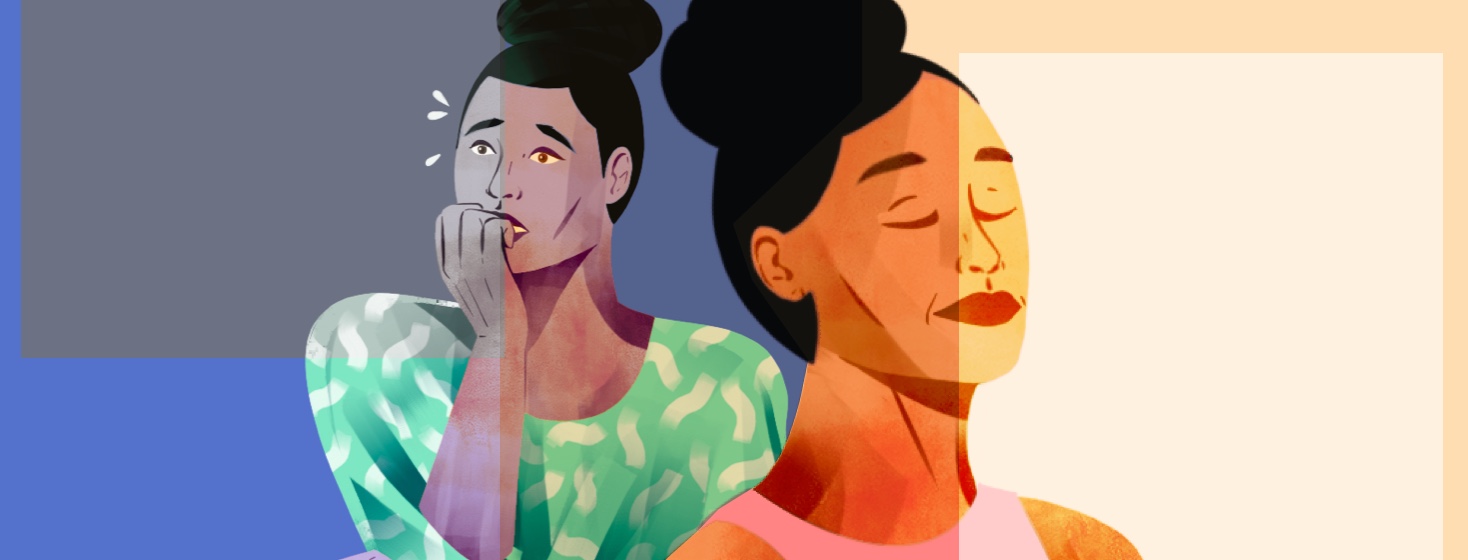Misconceptions vs. Realities of Postpartum Depression
I struggled a lot to come to terms with postpartum depression. Even after being diagnosed, I still had a lot of doubts. Part of it was because I didn't feel like it got talked about enough and the other part was because for me, there was a sense of pride and I felt like admitting it somehow made me a weaker person.
It is communities like this that made me realize I wasn't weak for admitting I had PPD, it made me a stronger person to admit it and get help! Despite increasing awareness, several misconceptions persist. I have compiled a list of those I faced in my journey that led to getting the help I needed:
5 postpartum depression myths
1. PPD is the same as the "baby blues."
Misconception: Postpartum depression is just an extreme form of the baby blues.
Reality: While the "baby blues" involve mild mood swings, crying spells, and anxiety that typically go away within 2 weeks after giving birth, PPD is more severe, longer lasting, and requires treatment.1
I remember the screenings at the pediatrician and at my follow-up appointments with my OB. Answering those questions felt like just one additional thing to get through on a very long checklist of to-do's. I never truly answered those honestly.
Pro tip: Answer honestly, chat with your provider, and get help sooner!
2. PPD happens immediately after birth.
Misconception: Postpartum depression starts right after the baby is born.
Reality: PPD can develop at any time. Some women might not experience symptoms until several months or years postpartum.2
I didn't realize I might be suffering from PPD until my second child was born. That was 2 years after the first. I began to have much more intense feelings during the second pregnancy, which prompted me to begin talking about it. I didn't get help until about 9 months after that.
Pro tip: Don't dismiss how you are feeling or set it aside because it is not a priority. You are the priority. If not for you, your baby needs you!
3. Only women with a history of depression get PPD.
Misconception: Only women who have had depression before will get postpartum depression.
Reality: While a history of depression increases the risk, PPD can occur in women with no prior history of mental health issues.1
4. PPD will go away on its own.
Misconception: Postpartum depression is temporary and will resolve without treatment and a lot of willpower.
Reality: PPD can persist and worsen without intervention. Professional treatment, including therapy and medication, support groups, and incorporating healthy habits can significantly improve outcomes. 3
5. If you have PPD, you must have done something wrong.
Misconception: Postpartum depression is a sign of personal weakness or failure as a mother.
Reality: PPD is a medical condition caused by a combination of hormonal changes, psychological adjustment to motherhood, and other factors. It is not a reflection of a person's capabilities or worth as a parent.3
6. Talking about PPD means you don't love your baby.
Misconception: Admitting to having postpartum depression means you don't love your baby as much.
Reality: PPD does not reflect a lack of love or commitment to one's child. It is an illness that requires compassion and understanding.
This or That
What helps you recharge?
Don't listen to the myths
Those last 2 hit me the hardest. To this day, I still struggle with feelings of guilt for not being strong enough to love my children without PPD. PPD and the love of your children can co-exist. Becoming a parent has been the best and equally hardest thing I have ever done. We aren't weak, we are strong, and with the right help, we can get through it.
